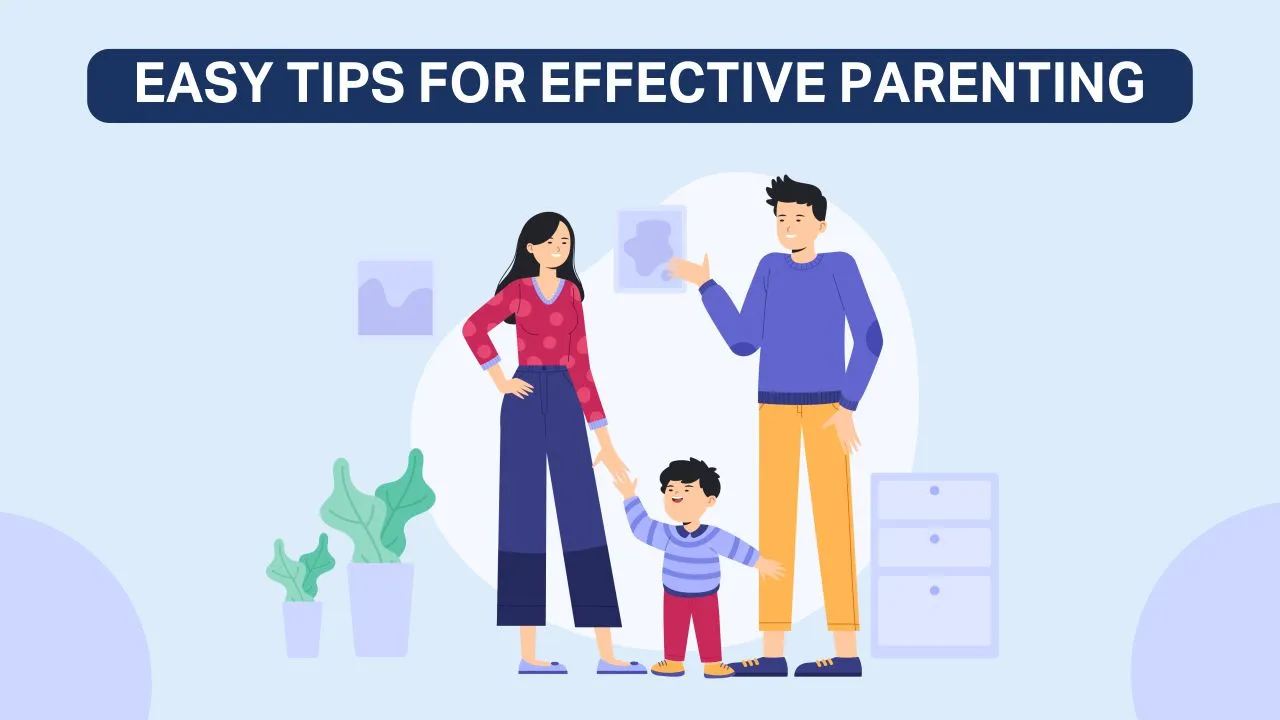Choosing the right educational path for your child is an important decision that can greatly influence their academic and personal development. Here are some considerations to help guide you:
- Understand Your Child’s Needs and Learning Style: Observe and assess your child’s strengths, weaknesses, interests, and learning style. Determine if they thrive in a structured or more flexible environment, prefer hands-on or theoretical learning, and whether they have any specific educational or support needs.
- Research Different Educational Approaches: Explore various educational approaches such as traditional public schools, private schools, charter schools, Montessori, Waldorf, homeschooling, or online learning. Understand the key principles, teaching methods, and philosophies behind each approach to determine which aligns best with your child’s needs and your family’s values.
- Consider the Curriculum: Examine the curriculum offered by different educational options. Evaluate the subjects, teaching methods, extracurricular activities, and opportunities for specialized programs (e.g., STEM, arts, sports) to ensure they align with your child’s interests and goals.
- Assess the School Environment: Visit and observe potential schools or educational settings to assess the environment. Consider factors such as class sizes, teacher-student ratio, school culture, facilities, and the overall learning atmosphere. Determine if it feels welcoming, safe, and supportive for your child’s growth.
- Seek Recommendations and Reviews: Talk to other parents, educators, and professionals to gather recommendations and reviews about different educational options. Consider their experiences and insights, but also remember that each child is unique, so what works for one may not work for another.
- Consider Your Family’s Values and Beliefs: Reflect on your family’s values, beliefs, and educational priorities. Consider factors like religious or moral education, cultural diversity, character development, and the emphasis on holistic development. Choose an educational path that aligns with your family’s values and supports the overall growth of your child.
- Evaluate Accessibility and Logistics: Consider practical aspects such as the proximity of the school, transportation options, school hours, and the level of parental involvement required. Ensure that the chosen educational path is feasible and convenient for your family’s lifestyle and commitments.
- Seek Professional Guidance: Consult with educators, counselors, or educational consultants who can provide expert advice and guidance. They can help you navigate the available options, understand your child’s educational needs, and provide valuable insights into finding the right fit.
- Consider Long-Term Goals: Reflect on your child’s long-term goals and aspirations. Consider how different educational paths can support their future endeavors, whether it’s preparing for higher education, vocational training, or specific career paths.
- Remain Flexible and Open to Change: Remember that educational decisions are not set in stone. Your child’s needs and circumstances may evolve over time. Stay open to reassessing and adapting your educational choices as necessary to ensure the best fit for your child’s ongoing development.
Supporting Academic Success and Motivation
Supporting academic success and motivation in children is key to their educational journey. Here are some strategies to help:
- Establish a Positive Learning Environment: Create a dedicated space at home that is conducive to learning, with minimal distractions. Ensure that it is well-organized, comfortable, and equipped with necessary materials. Encourage a routine that includes designated study time.
- Set Realistic and Achievable Goals: Work with your child to set realistic short-term and long-term academic goals. Break them down into smaller milestones that can be celebrated along the way. This helps maintain motivation and provides a sense of accomplishment.
- Foster a Growth Mindset: Encourage a growth mindset by teaching your child that intelligence and abilities can be developed through effort and persistence. Emphasize the value of learning from mistakes and the importance of perseverance.
- Provide Encouragement and Support: Show genuine interest in your child’s academic pursuits. Offer praise and encouragement for their efforts and achievements. Be available to provide guidance and assistance when needed, while encouraging independent problem-solving.
- Develop Effective Study Habits: Teach your child effective study habits, such as setting a study schedule, breaking tasks into manageable chunks, and utilizing active learning techniques like summarizing, note-taking, and self-quizzing. Help them find strategies that work best for their learning style.
- Support Time Management Skills: Help your child develop good time management skills by creating a schedule that balances academics, extracurricular activities, and leisure time. Teach them to prioritize tasks, set deadlines, and break larger assignments into smaller manageable tasks.
- Encourage a Love for Reading: Foster a love for reading by providing access to a variety of age-appropriate books and encouraging regular reading. Discuss books together, visit libraries, and engage in book-related activities to promote a lifelong love of learning.
- Celebrate Achievements: Acknowledge and celebrate your child’s academic achievements, whether big or small. This can be through verbal recognition, small rewards, or special outings. Celebrating their progress reinforces their motivation and builds confidence.
- Communicate with Teachers: Establish open lines of communication with your child’s teachers. Attend parent-teacher conferences and seek regular updates on your child’s progress. Collaborate with teachers to address any academic challenges and explore strategies for improvement.
- Emphasize the Importance of Effort: Teach your child that effort and hard work are essential for success. Encourage them to take pride in their efforts, even if results may not always be perfect. Highlight the value of perseverance and resilience in achieving academic goals.
- Foster a Balanced Lifestyle: Ensure your child maintains a balanced lifestyle that includes adequate rest, physical activity, and leisure time. A healthy mind and body contribute to improved academic performance and motivation.
- Cultivate a Love for Learning: Instill in your child a love for learning by exposing them to a wide range of subjects and experiences. Help them connect what they learn in school to real-life situations and encourage them to explore their interests beyond the classroom.
Balancing Extracurricular Activities and Interests
Balancing extracurricular activities and interests is important for children’s holistic development. Here are some suggestions to help achieve a healthy balance:
- Prioritize and Set Limits: Help your child prioritize their interests and extracurricular activities. Encourage them to select a manageable number of activities that align with their passions and goals. Set limits to ensure they have enough time for academics, rest, and family activities.
- Understand Time Commitments: Assess the time commitments required for each extracurricular activity. Consider factors such as practice sessions, rehearsals, travel time, and competitions. Be realistic about how these commitments may impact your child’s schedule and make informed decisions.
- Consider Impact on Academics: Monitor how extracurricular activities may affect your child’s academic performance. Ensure they have sufficient time for homework, studying, and assignments. If an activity consistently hinders academic progress, reevaluate its importance or consider adjusting the schedule.
- Encourage Well-Roundedness: Encourage your child to engage in a diverse range of activities to foster well-rounded development. Encourage them to explore different interests, such as sports, arts, music, community service, or academic clubs. This helps them discover their passions and develop various skills.
- Involve the Child in Decision-Making: Involve your child in the decision-making process when selecting extracurricular activities. Discuss their interests, goals, and time availability. Empower them to make informed choices that align with their passions and overall well-being.
- Be Mindful of Over-Scheduling: Be cautious of over-scheduling, as it can lead to exhaustion and burnout. Ensure your child has downtime for relaxation, self-reflection, and unstructured play. bad news bears parents guide Balance is crucial for their physical and mental well-being.
- Foster Time Management Skills: Teach your child effective time management skills to help them balance their activities. Encourage them to use calendars, planners, or digital tools to organize their schedule and allocate time for each activity and academic responsibilities.
- Support Healthy Boundaries: Encourage your child to communicate their needs and limits to activity leaders, coaches, or teachers. Teach them to set healthy boundaries and not overcommit themselves. This helps them develop assertiveness and balance their responsibilities.
- Monitor Stress Levels: Regularly check in with your child about their stress levels. Watch for signs of excessive stress or fatigue and intervene if necessary. Ensure they have time for self-care, relaxation, and quality sleep to maintain overall well-being.
- Encourage Time for Family and Social Connections: Allocate time for family activities, socializing with friends, and maintaining healthy relationships. Strong connections outside of extracurricular activities contribute to your child’s social and emotional development.
- Regularly Assess and Reevaluate: Periodically reassess your child’s involvement in extracurricular activities. As their interests and priorities change, be open to adjusting their schedule. Encourage them to reflect on their experiences and make informed decisions about their commitments.
- Model Balance: Lead by example and demonstrate a balanced lifestyle. Show your child how you manage your own commitments, prioritize self-care, and maintain a healthy work-life balance. This reinforces the importance of balance in their own lives.
Fostering a Love for Lifelong Learning
Fostering a love for lifelong learning is a valuable gift you can give to your child. Here are some strategies to inspire and nurture a passion for learning:
- Be a Role Model: Show enthusiasm for learning in your own life. Share your own experiences of acquiring new knowledge, pursuing hobbies, or engaging in personal growth. Let your child see that learning is a lifelong journey.
- Promote Curiosity: Encourage your child’s natural curiosity by fostering an environment that supports exploration and questioning. Encourage them to ask questions, seek answers, and explore topics of interest. Provide them with resources, books, and access to educational materials.
- Make Learning Fun: Incorporate enjoyable and interactive learning experiences. Use games, puzzles, experiments, educational apps, and educational outings to make learning engaging and entertaining. Connect learning to real-world experiences to show its relevance.
- Encourage Reading: Reading is a gateway to knowledge and a love for learning. Encourage regular reading habits by providing a variety of books, magazines, and digital resources. Read aloud to your child, discuss stories, and visit libraries or bookstores together.
- Support Personal Interests: Encourage your child to explore their passions and interests. Provide opportunities for them to delve deeper into subjects they enjoy, whether it’s science, art, history, sports, or any other area. Support their pursuit of hobbies and extracurricular activities related to their interests.
- Celebrate Achievements: Recognize and celebrate your child’s learning achievements, both big and small. Acknowledge their efforts, progress, and milestones. This positive reinforcement encourages a sense of accomplishment and motivates them to continue learning.
- Embrace Technology: Utilize technology as a tool for learning. Explore educational websites, online courses, educational apps, and multimedia resources that can enhance your child’s understanding of various subjects. Supervise and guide them in navigating online resources responsibly.
- Encourage Critical Thinking: Foster critical thinking skills by asking open-ended questions, encouraging discussions, and challenging your child’s thoughts and ideas. Teach them to analyze information, evaluate evidence, and think independently.
- Emphasize the Joy of Learning: Help your child see the joy and satisfaction that comes from acquiring new knowledge and skills. Shift the focus from grades or external rewards to the intrinsic value of learning itself. cable guy parents guide Cultivate a growth mindset that embraces challenges and sees mistakes as opportunities for growth.
- Provide Learning Opportunities Beyond School: Look for learning opportunities beyond the traditional classroom. Explore museums, nature centers, cultural events, workshops, and community programs. Encourage participation in educational camps, clubs, or online courses that align with your child’s interests.
- Encourage Reflection: Foster a habit of reflection by encouraging your child to think about what they have learned and how it connects to their own experiences and the world around them. Engage in conversations that promote deeper thinking and encourage them to share their insights.
- Support Autonomy and Self-Directed Learning: Give your child autonomy in their learning journey. Encourage them to take initiative, set goals, and explore subjects of interest independently. Help them develop self-directed learning skills, such as time management, organization, and research.


